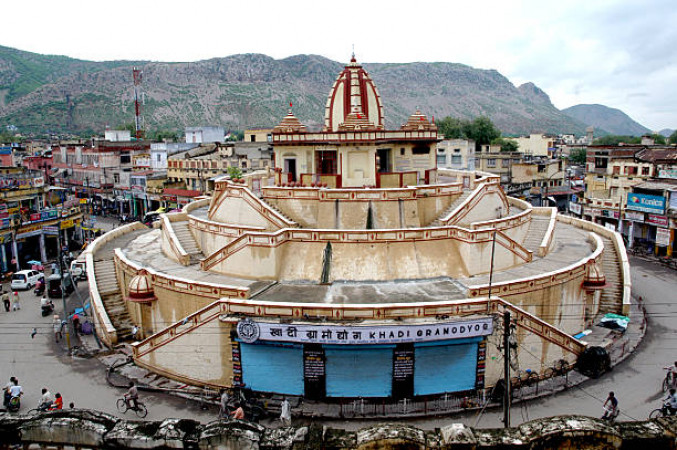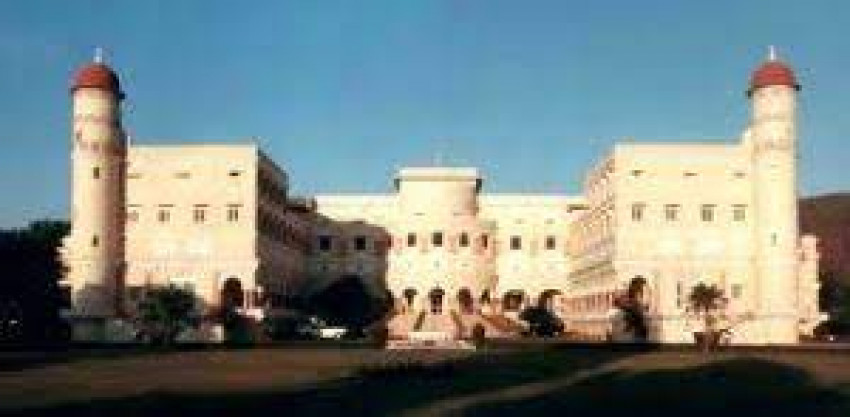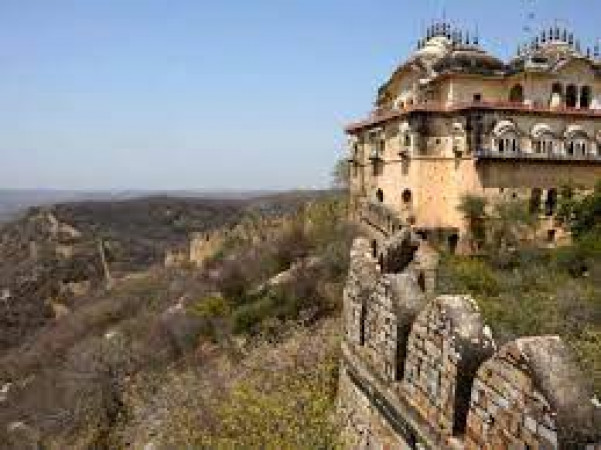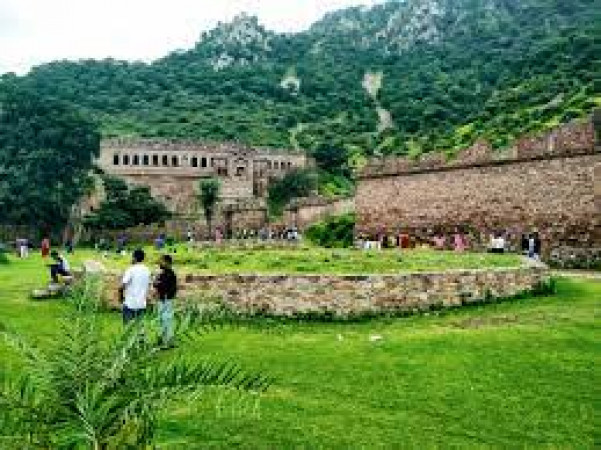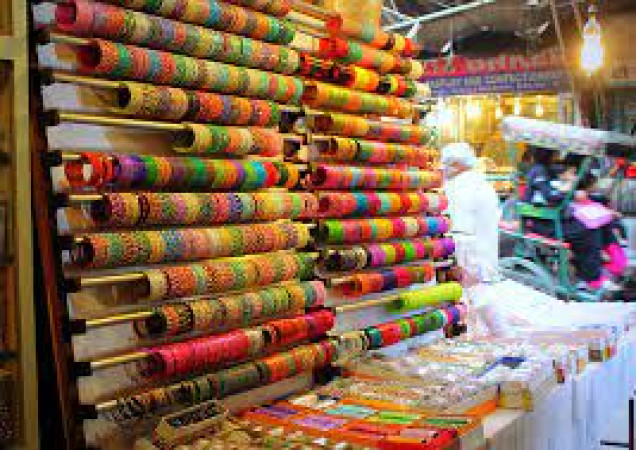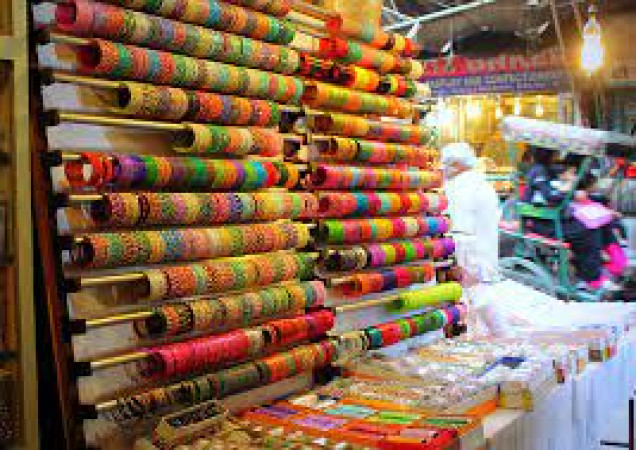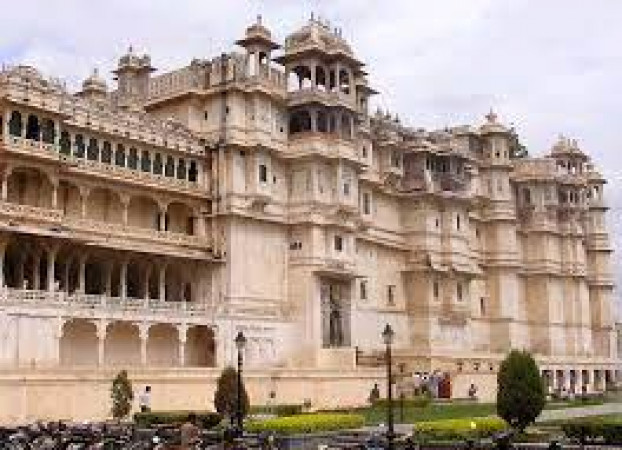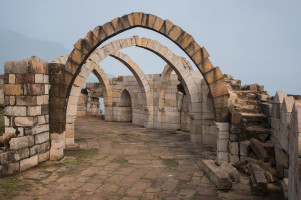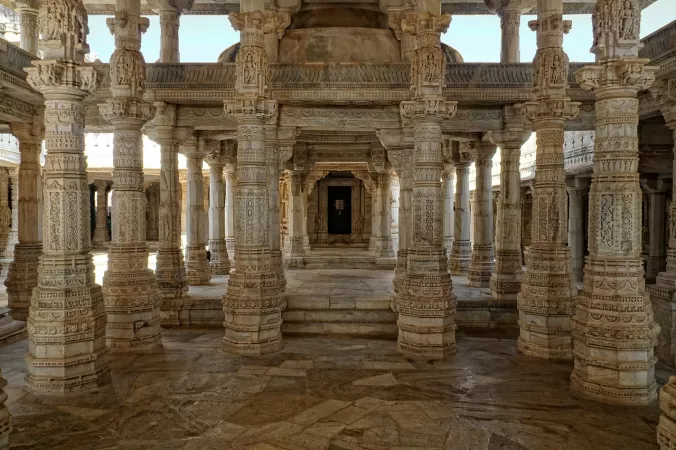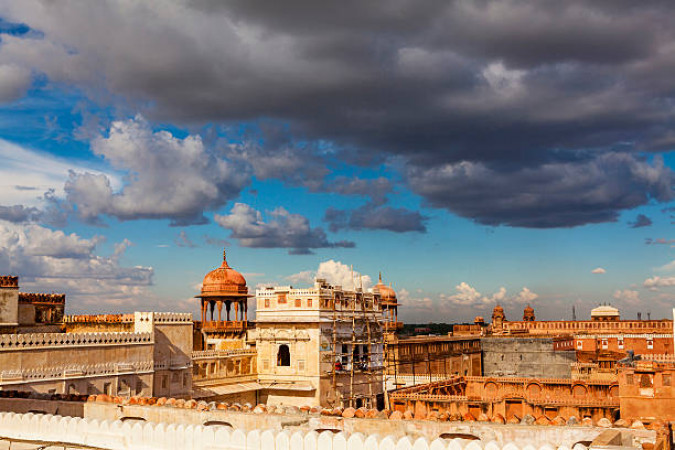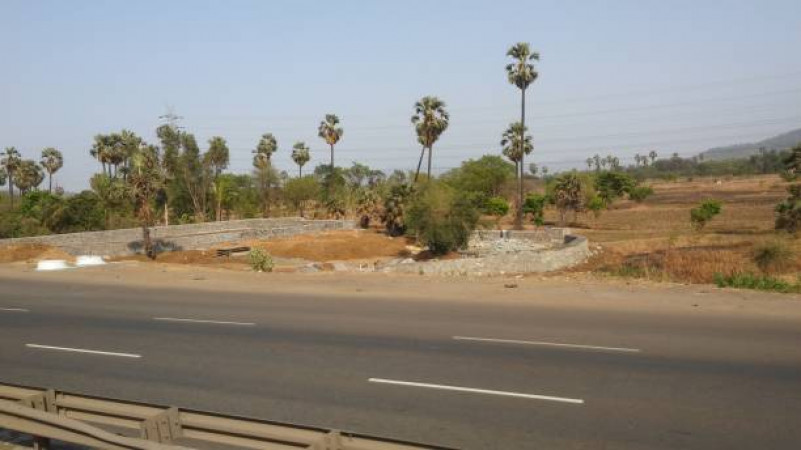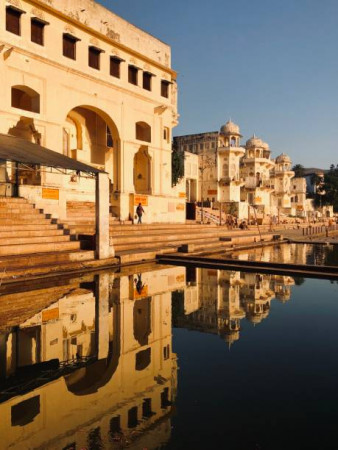Alwar Travel Guide
Alwar, a city in the northern Indian state of Rajasthan, is a captivating destination known for its rich history, stunning landscapes, and vibrant culture. This city is famous for its majestic forts, beautiful palaces, and intricate architecture that reflect its royal heritage.Top Attractions in Alwar
- Bala Quila - Alwar Fort
- City Palace
- Sariska Tiger Reserve
- Siliserh Lake Palace
- Neemrana Fort Palace
Alwar is Famous for
Alwar is most famous for its stunning forts and palaces that offer a glimpse into its royal past.Top Attractions in Alwar
- Exploring the majestic Bala Quila, also known as Alwar Fort
- Visiting the picturesque City Palace
- Embarking on a wildlife safari at Sariska Tiger Reserve
- Relaxing by the scenic Siliserh Lake Palace
- Experiencing the grandeur of Neemrana Fort Palace
What's Great about Travelling to Alwar?
- Rich historical and cultural experiences
- Opportunity to explore stunning architecture
- Perfect destination for history buffs and nature lovers
What's Not So Great about Travelling to Alwar?
- Limited nightlife options
- Extreme temperatures during summer months
- May not be suitable for travelers seeking modern amenities
Travel Tips for Alwar
- Check visa requirements before traveling
- Opt for local transportation for a more authentic experience
- Respect local customs and traditions
Important Alwar trip information
- Ideal Duration: Spend at least 2-3 days to explore Alwar thoroughly
- Best Time to Visit: Visit during the winter months (October to March) for pleasant weather
- Nearby Airports and Railway Stations: The nearest airport is Jaipur International Airport, and Alwar has its railway station for easy access
Top 20 Places to visit in Alwar
Per Person
4,000
*EXCLUDING APPLICABLE TAXES 5.0 Ratings
( 393 Reviews )
( 393 Reviews )
Per Person
11,108
*EXCLUDING APPLICABLE TAXES 5.0 Ratings
( 393 Reviews )
( 393 Reviews )
FAQ's on Alwar
Q1: What is the best time to visit Alwar?
The best time to visit Alwar is during the winter months from October to March when the weather is pleasant and ideal for exploring the city's attractions. Avoid the scorching summer months from April to June, and the monsoon season from July to September, which can bring heavy rains and humidity.
Q2: Do I need a visa to travel to Alwar?
Most visitors to Alwar can enter with a tourist visa, which is usually valid for a specific period. Check with the nearest embassy or consulate for the most up-to-date visa requirements. Some nationalities may be eligible for visa on arrival or e-visa facilities.
Q3: What are the must-visit attractions in Alwar?
Alwar is renowned for its stunning architectural wonders such as the majestic Alwar Fort, the picturesque Siliserh Lake Palace, and the historic City Palace. Wildlife enthusiasts can explore the Sariska Tiger Reserve, while history buffs can visit the haunted Bhangarh Fort and the stunning Moosi Maharani ki Chhatri.
Q4: Is Alwar a safe place to travel?
Alwar is generally safe for tourists, but like any other destination, it's important to stay vigilant and take necessary precautions. Avoid isolated areas at night and be cautious of pickpockets in crowded places. It's advisable to travel with a trusted guide or tour group.
Q5: What is the local currency in Alwar and can I use credit cards?
The local currency in Alwar is the Indian Rupee (INR). Credit cards are widely accepted in hotels, restaurants, and larger stores, but it's recommended to carry cash for smaller establishments and local markets. ATMs are also available in the city for convenient access to cash.
Q6: What is the local cuisine like in Alwar?
Alwar offers a delightful culinary experience with its traditional Rajasthani cuisine. Indulge in local specialties like Dal Baati Churma, Gatte ki Sabzi, and Ker Sangri. Sweet treats like Ghevar and Balushahi are popular desserts. Vegetarian options are abundant, reflecting the region's cultural and culinary heritage.
Q7: What transportation options are available in Alwar?
Transportation options in Alwar include auto-rickshaws, cycle rickshaws, and local buses for getting around the city. Taxis and car rentals are also available for more convenient travel. For longer distances, travelers can opt for trains or buses to reach nearby cities and attractions.
Q8: Are there any cultural norms or etiquette I should be aware of when visiting Alwar?
When visiting Alwar, it's important to respect local customs and traditions. Dress modestly, especially when visiting religious sites. Always ask for permission before taking photographs of locals. Greet people with a "Namaste" and be courteous in interactions. Avoid public displays of affection and be mindful of local sensitivities. Embrace the rich culture of Alwar with an open mind and a respectful attitude.
Q9: I am a travel agent. How can I buy travel leads of Alwar?
Register yourself as a travel agent at agents.tripclap.com and then you can buy travel leads to Alwar once your account is approved. For more details contact our support team at +91-8069186564 or support@tripclap.com
